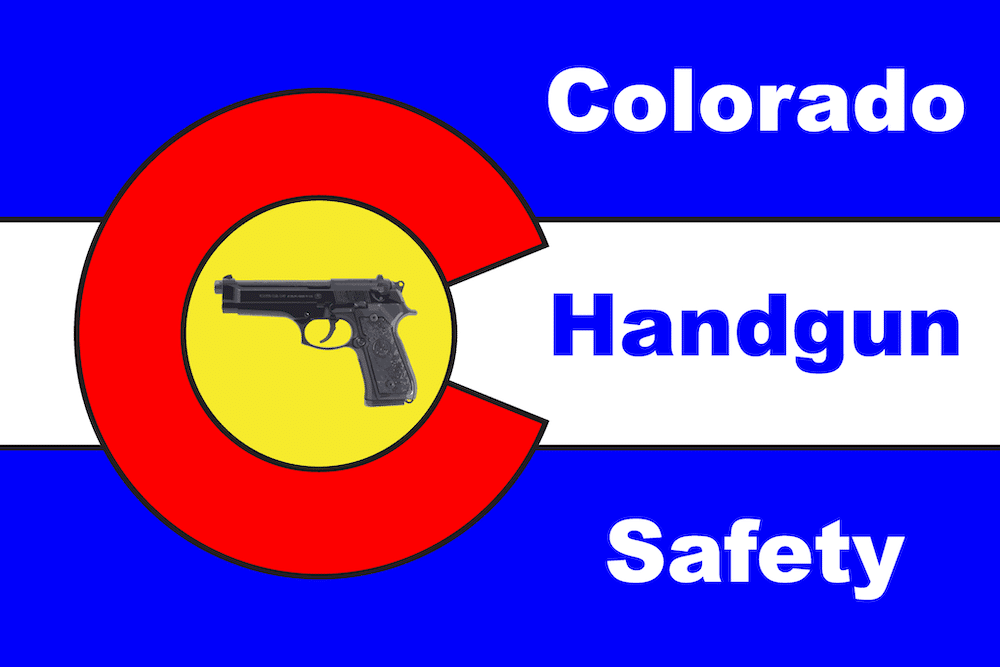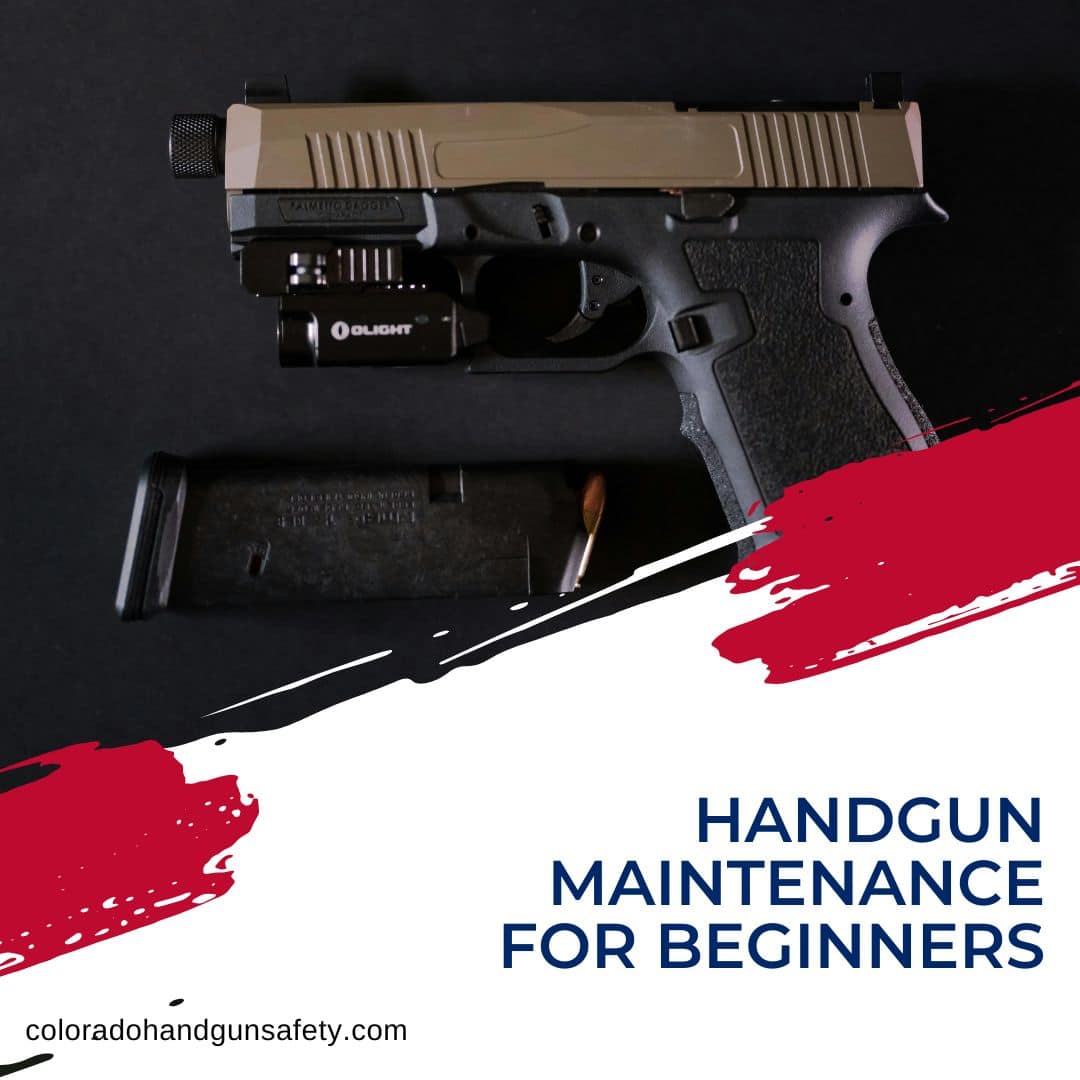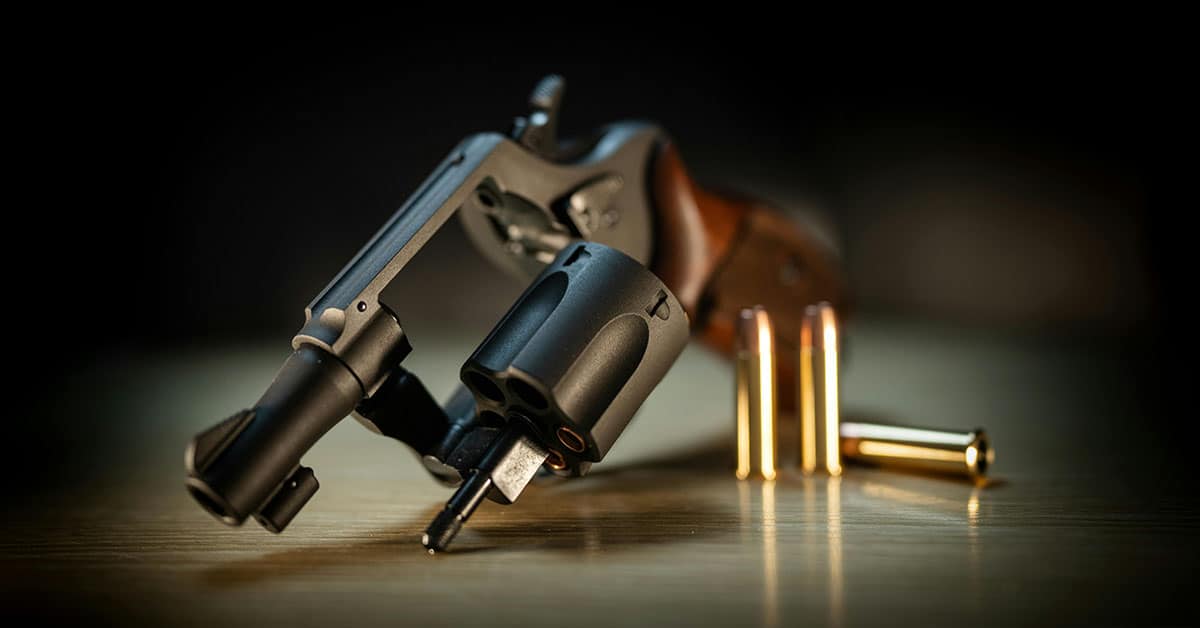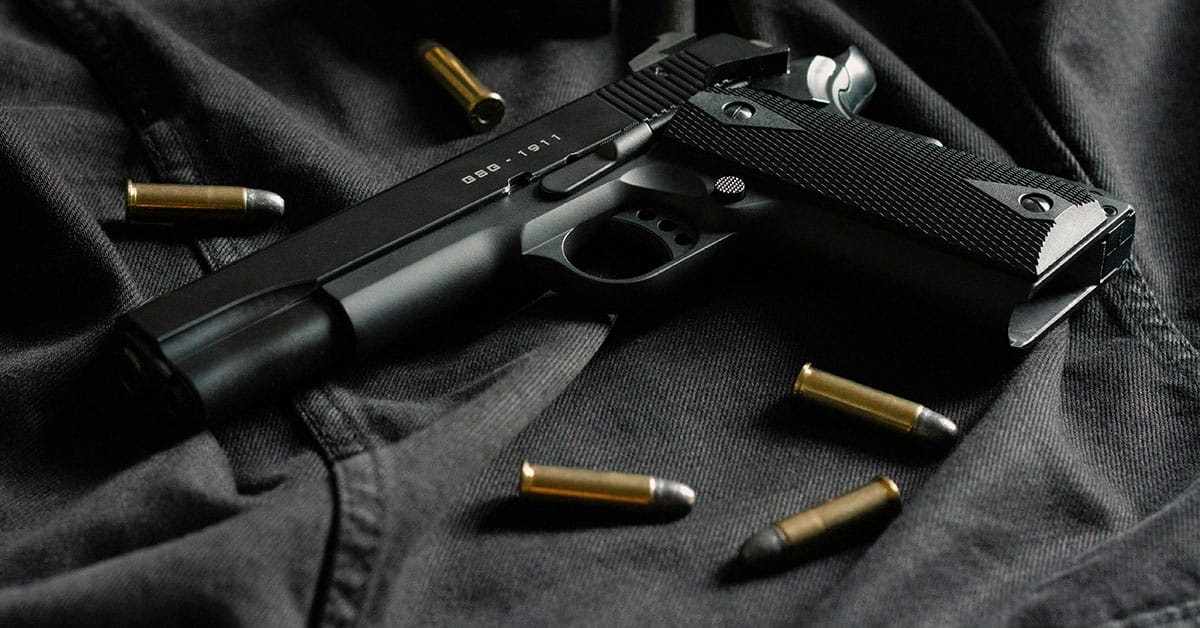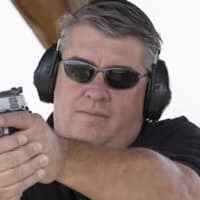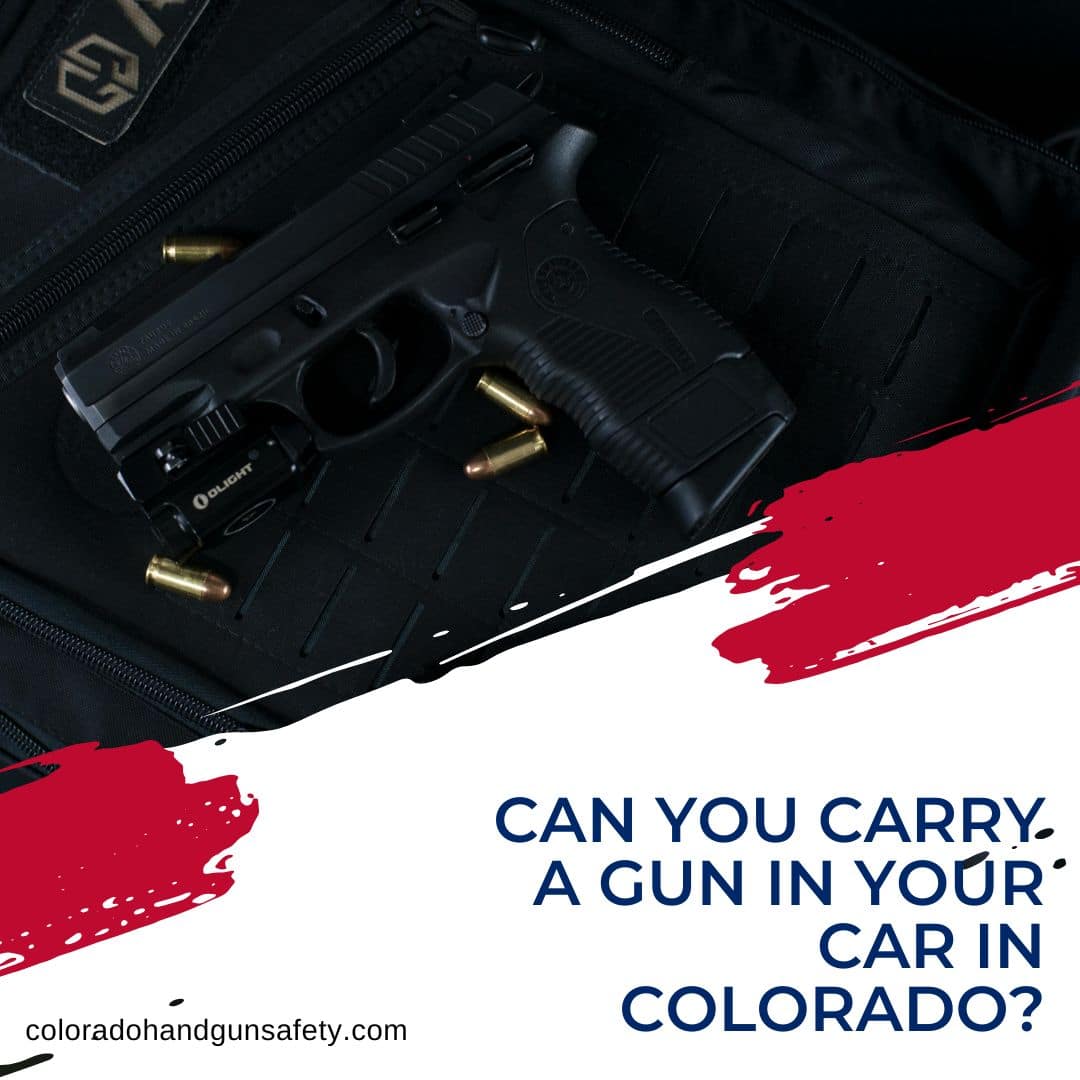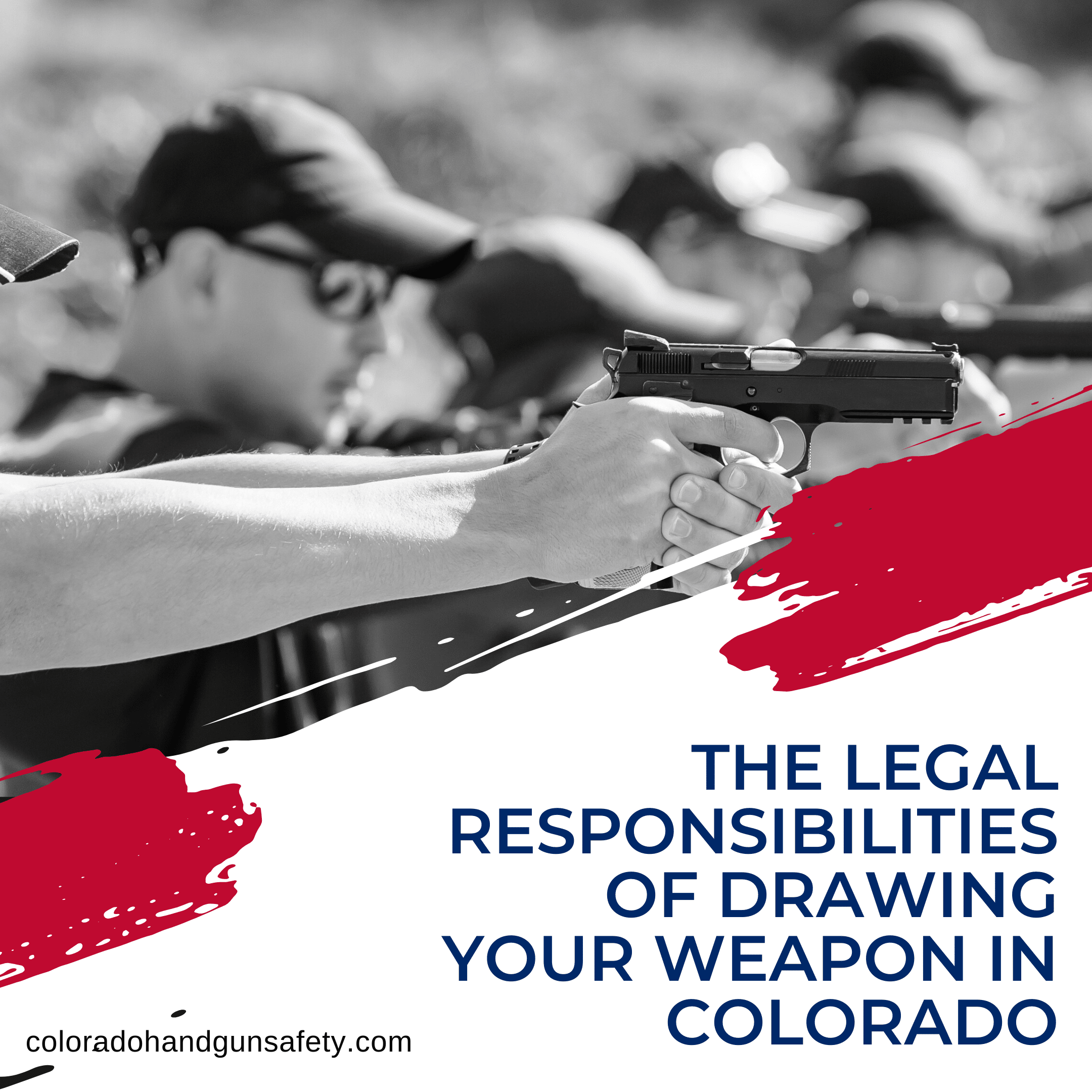How to Keep Your Handgun Safe and Reliable
Your car can’t run without regular oil changes and tune-ups. The same is true for your handgun. Just like a vehicle needs care to stay safe on the road, your firearm needs routine attention to stay safe at the range. That’s why proper gun maintenance is one of the first skills every new gun owner should learn.
As a trusted firearms training provider in Colorado, we know that responsible gun ownership goes beyond the range or the classroom. That’s why we take firearm maintenance seriously. Whether you’re brand new to firearms or just want a refresher, this guide will walk you through the basics of gun maintenance and why it’s essential for keeping your handgun in top condition.
Why Handgun Maintenance Matters
Neglecting proper care can cause serious issues over time. An inadequately maintained firearm can accumulate fouling, dirt, and residue in the barrel and receiver, which may:
- Reduce accuracy and precision
- Interfere with the firearm’s action
- Lead to dangerous malfunctions
- Make the weapon vulnerable to corrosion and rusting
History shows the consequences of skipping this step. For example, during the Vietnam War, U.S. troops faced repeated failures with their M16 rifles due to poor cleaning practices. Once maintenance kits and training were provided, the rifle’s reliability improved dramatically.
In short: consistent gun maintenance isn’t optional. It’s a non-negotiable part of responsible ownership.
Basic Gun Maintenance for Beginners
Every manufacturer provides detailed instructions for their firearms, and those should always be your first reference. That said, most handguns benefit from these foundational steps:
1. Ensure Safety First
Always double-check that your firearm is unloaded before handling it. Open the action, remove the magazine, and keep ammunition far away from your cleaning area. For more safety guidance, you can also review the ATF’s official firearms safety resources.
2. Cleaning
After each trip to the range, clean your firearm to remove propellant residue, metallic fragments, and other contaminants. Use a quality cleaning kit with brushes, rods, patches, and cleaning solutions. Consistent cleaning helps prevent buildup that could cause jams or even catastrophic failure.
3. Lubrication
Firearms endure intense pressure during firing — a typical 9mm round generates over 34,000 psi. Without proper lubrication, moving parts wear faster and increase the risk of malfunction. Apply a thin coat of oil or grease as recommended by your manufacturer. Too much lubricant can attract dirt, while too little can lead to wear.
4. Protective Finishes
Consider protective coatings like bluing or varnishing to help prevent corrosion and extend your firearm’s lifespan.
Building Your Own Kit
While pre-made kits are convenient, many gun owners eventually customize their own. A well-rounded kit often includes:
- Brushes of different sizes
- Bore snakes or rods
- Multiple lubricants (oil and grease)
- Extra patches and cleaning cloths
- Cotton swabs for tight spaces
This allows you to adapt your tools to your handgun’s unique needs and ensures you’re always prepared for routine firearm maintenance.
When to Seek Help from Firearm Professionals
Not all problems can be solved with a cleaning kit. If your firearm has suffered physical damage or experienced a malfunction, it’s best to see a qualified gunsmith. They have the expertise and tools to determine whether the firearm is still safe to use.
Take the Next Step in Responsible Gun Ownerships
Learning the fundamentals of gun maintenance helps you keep your handgun safe, reliable, and ready when you need it. By cleaning regularly, using proper lubrication, and checking for corrosion or damage, you’ll extend the life of your firearm and gain confidence as a responsible gun owner.
At Colorado Handgun Safety, we believe knowledge is power — both at the range and at the workbench. For more resources, firearm training, and guidance from certified instructors, explore our courses or contact us today to take the next step in your firearms education.
Frequently Asked Questions About Gun Maintenance
What is firearm maintenance?
Proper gun maintenance is the routine care of your handgun to ensure it operates safely and reliably. This includes cleaning the barrel and action, applying lubrication to moving parts, and checking for corrosion or damage. Regular upkeep helps extend the life of your firearm and prevent malfunctions.
How often should your gun be serviced?
For most handguns, basic handgun maintenance should be performed after every trip to the range. A more thorough inspection or professional service may be needed once a year, or anytime you notice unusual wear, malfunctions, or physical damage.
How often should I oil my gun?
You should apply oil or grease every time you clean your firearm, which is usually after shooting. If your handgun has been stored for a long period, lightly oiling it can also help prevent rusting or corrosion.
Should I clean my gun even if I don’t shoot it?
Yes. Even if your firearm hasn’t been fired, environmental factors like humidity and dust can affect its condition. It’s a good practice to inspect and clean your handgun every few months to make sure it’s in working order.
Is it okay to leave gun oil in a barrel?
A light coat of lubricant in the barrel is fine for storage, but you should always run a dry patch through the barrel before firing. Excess oil can create pressure issues when shooting, which may affect accuracy or safety.
What parts of a gun should you oil?
Focus on lubricating the moving parts of your firearm, such as the slide, action, and bolt assembly. These areas endure the most friction during operation. Be careful not to over-lubricate — too much oil can attract dirt and debris, which works against your efforts.
Do all guns require the same maintenance routine?
No. While the basics of cleaning and lubrication are the same, every firearm model has specific recommendations. Always refer to your manufacturer’s manual for detailed instructions.
When should I see a gunsmith instead of cleaning at home?
If your firearm has suffered physical damage, isn’t functioning correctly, or you’re unsure about a repair, it’s best to see a qualified gunsmith. They have the expertise and tools to determine whether the firearm is safe to use.
